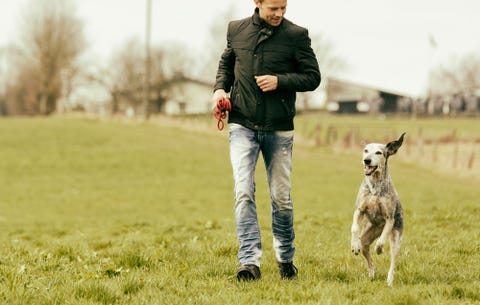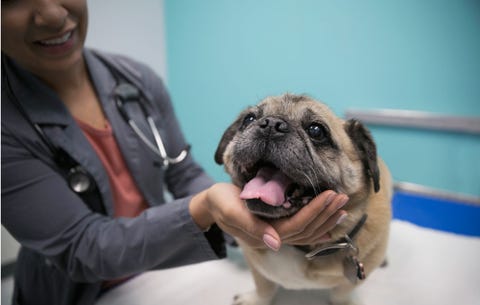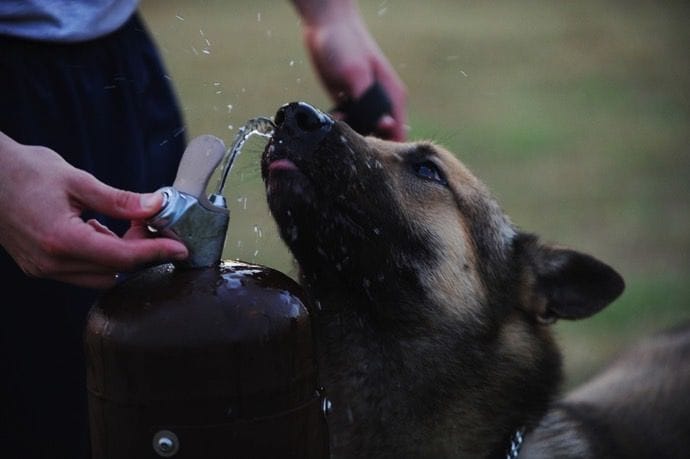Dogs suffer from stress and anxiety as much as people do, though it can be harder to recognize their symptoms. Your pet might try to tell you that he’s stressed by pushing his ears back, tucking his tail, salivating, yawning, licking his muzzle, or lifting his front paw. Other, more obvious signs of dog anxiety include cowering or hiding, trembling, panting, or expressing his anal glands.
And just like people, there are plenty of ways to help relax and soothe pets. Love listening to a certain type of music to unwind? Apparently, so does your dog. When it comes to tension-taming tunes, pups seem to prefer the sounds of soft rock or reggae to jazz, pop, or Motown. Playing the music was linked to a decrease in shelter dogs’ heart rates (which is a sign of less stress) in one
2017 study.
But even if you’re not a fan of Bob Marley or Michael Bolton, don’t worry. There are plenty of other ways to calm your furry friend. Here are five simple strategies worth trying:
1Reexamine your routine.
Before shelling out for any products that promise to soothe your pup’s stress, consider how you might be able to help him feel calmer. "Most of the time, pet owners do have to do something different to help manage and improve their dog’s anxiety," explains veterinary behaviorist Meredith Stepita, DVM.
For instance, having a predictable daily routine that helps your dog anticipate when he’ll get to eat, go outside, and spend time playing with you could help him feel more confident and less nervous. That’s especially true if his stress seems to stem from separation anxiety, Stepita says.
2Try a compression wrap.
Those
Thundershirts might make you pup look funny, but they really can
make a difference. (And not just during thunderstorms or fireworks.) The wraps work by swaddling your dog and applying gentle, continuous pressure, which is
thought to help reduce fear, says Stepita.
Advertisement - Continue Reading Below
3Play some music.
Reggae and soft rock aren’t the only genres that can encourage your pooch to relax. Classical music like Mozart and Beethoven has also been
shown to reduce stress in dogs, and even encourage them to bark less.
4Treat your pup to a massage.
Anecdotally, physical touch is thought to ease anxiety and aggression in dogs. And though there’s not much research to support this, gentle petting seems to help dogs stay calmer during stressful or uncomfortable situations like getting shots or having their blood drawn, suggests one small
Applied Animal Behavior Science study.
Advertisement - Continue Reading Below
5Seek professional help.
If you’re still struggling to find the key to calm, don’t give up. It’s important to pinpoint the source of your dog’s stress and find ways to manage it. Chances are, he won’t just learn to get over whatever’s upsetting him — and his anxiety will likely get worse, Stepita says.
Consider meeting with a board-certified veterinary behaviorist or certified applied animal behaviorist, who can help you put together a specific plan to change your dog’s underlying emotional response— so he can get back to his happy, tail-wagging self.









No comments:
Post a Comment